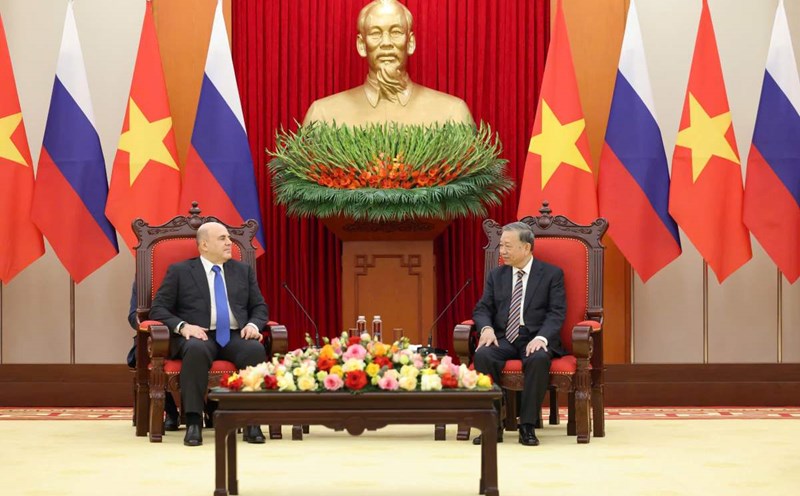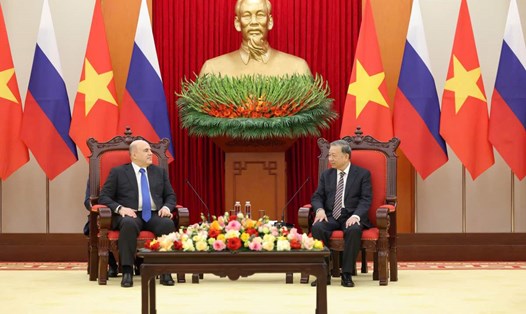The Zaporizhzhia (ZNPP), with six reactors, is Europe's largest nuclear power plant and has been under Russian control since March 2022.
Six months later, the Zaporizhzhia region voted to join Russia through a September 2010 poll that the US did not recognize; Washington still considered the plant's location as "godenerener, Ukraine".
The expansion of mandatory secondary sanctions today will reduce access to Russian revenue and goods, Deputy Secretary of the Treasury Wally Adeyemo said on January 15, stressing that the measures aim to hinder the Kremlins ability to purchase goods needed to produce weapons for the conflict with Ukraine.
However, ZNPP spokeswoman Evgenya Yashina told TASS news agency: The safe operation of the Zaporizhzhia plant and its staff will not be affected by being added to the US sanctions list.
The plant has been almost inactive since mid-2023 due to the threat of Ukrainian artillery and drone attacks, as well as water supply disruptions after the destruction of the Kakhovka dam on the Dnieper River.
The sanctions on the ZNPP are not only imposed over the Ukrainian conflict but also based on another decree, accusing Russia of conducting harmful foreign operations, including attempting to undermine the organization of free and fair elections, along with democratic institutions in the West.
In addition to ZNPP, the US Treasury Department also sanctioned the Russian Federal Agency for Technical and Military Cooperation (FSMTC) and the patriot Exhibition Center at patriot Park outside Moscow.
Among the 16 individuals named for the sanctions list on January 15, there are 14 Russiaians, 1 Chinese citizen residing in Germany, and 1 Turkish citizen. Several companies in China, Turkey, the United Arab Emirates, as well as Kyrgyztan banks, have been listed for being accused of escaping sanctions.
Washington has imposed global sanctions, threatening a third party with sanctions if it does business with Russia.
Moscow has long maintained that the restrictions imposed by the US and its allies are unilateral, illegal and have no legal value. Beijing also dismissed Washington's sanctions as illegal and said it would protect China's interests by all means necessary.











